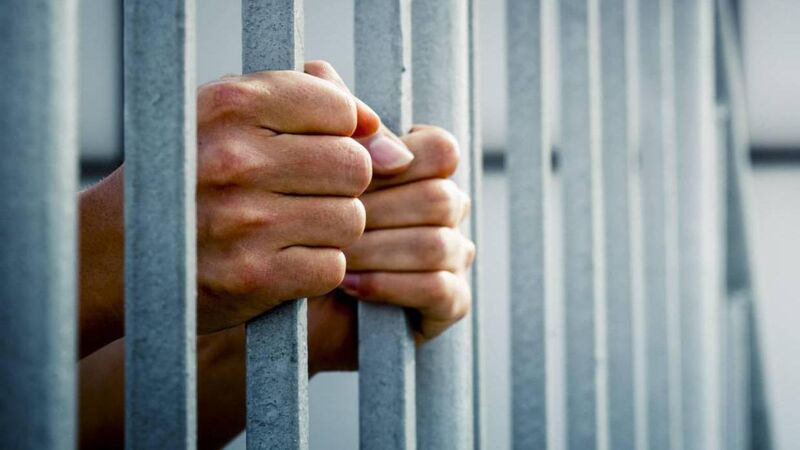Lack of treatment for mentally ill prisoners needs to be 'urgently resolved' – report

The researchers said they received numerous reports of prisoners in 'acute phases of severe and enduring mental disorders' waiting for beds in the CMH and that some have 'remained in prison for up to 18 months'.
There are “significant concerns” among prison bosses and specialist psychiatrists that the new Central Hospital Mental will not be able to meet the demand from prisoners requiring therapeutic intervention, according to a Government-commissioned report.
The report said keeping these acutely ill people in prison jeopardised the safety of staff managing them.













